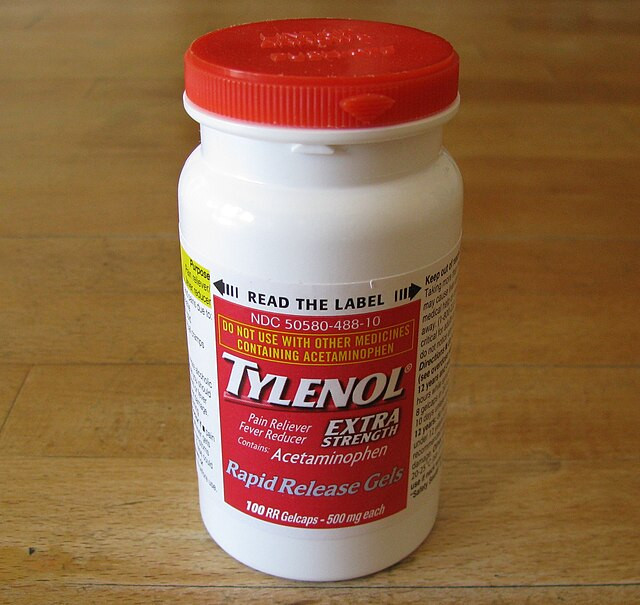The Trump administration is preparing to issue a first-of-its-kind federal warning that pregnant women's use of Tylenol may be linked to autism in children, a move expected to ignite an intense debate among medical professionals, drugmakers and parents. The announcement is set for Monday and will advise women to use acetaminophen, the generic name for Tylenol, only for high fevers, according to two senior administration officials.
President Donald Trump previewed the policy shift over the weekend, telling an audience at an American Cornerstone Institute event, "I think it's going to be a very important announcement. I think it's going to be one of the most important things that we will do." White House spokesperson Kush Desai said the initiative would make "historic progress" on autism research and prevention.
The report, which will also highlight leucovorin - a drug used in cancer and anemia treatment - as a potential therapy for autism, marks the first time the federal government has formally tied acetaminophen use to autism risk. The Centers for Disease Control and Prevention reported earlier this year that 1 in 31 American 8-year-olds was diagnosed with autism in 2022, up from 1 in 150 in 2000. Health and Human Services Secretary Robert F. Kennedy Jr. has made finding the causes of autism a top priority, telling reporters he intends to "get to the bottom" of what he calls an "out of control" rise in cases.
Shares of Kenvue, the maker of Tylenol, dropped earlier this month when The Wall Street Journal reported that HHS planned to link acetaminophen to autism in a forthcoming report. In a statement, a Kenvue spokesperson said, "over a decade of rigorous research, endorsed by leading medical professionals and global health regulators, confirms there is no credible evidence linking acetaminophen to autism." The company said it "strongly disagreed with any suggestion otherwise" and warned that discouraging use could leave pregnant women with "dangerous choices" between untreated pain and riskier medications.
Kenvue CEO Kirk Perry met with Kennedy earlier this month in an attempt to dissuade him from naming Tylenol as a possible cause of autism, the Journal reported. Tylenol has also added a section to its website stressing there is "no proven link between taking acetaminophen and autism."
Medical groups remain divided on the issue. The American College of Obstetricians and Gynecologists says there is "no clear evidence" that appropriate acetaminophen use causes developmental harm and continues to recommend it under medical supervision. A review published last month in BMC Environmental Health, co-authored by Harvard's T.H. Chan School of Public Health Dean Andrea Baccarelli, found an association between acetaminophen exposure and autism but recommended "judicious acetaminophen use - lowest effective dose, shortest duration - under medical guidance" rather than a blanket prohibition.
Officials acknowledged that the administration's literature review on autism causes is not yet complete and that Monday's announcement will not include all 30 hypotheses under consideration by HHS working groups. The National Institutes of Health has said new grants will be awarded this fall and updated findings may not be available until next year.






